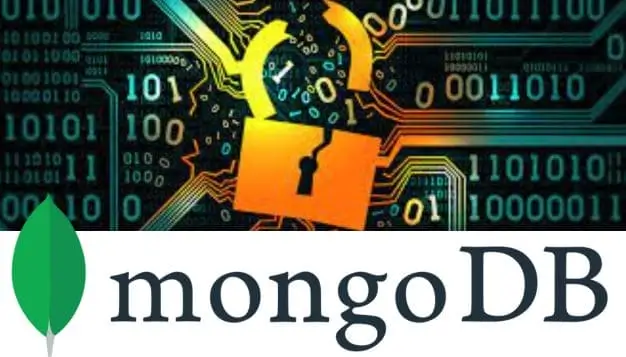
|
Getting your Trinity Audio player ready... |
On Saturday, MongoDB announced that it is currently looking into a security incident that resulted in the disclosure of customer account metadata and contact details due to unauthorized access to “certain” corporate systems.
The American database software provider claimed that on December 13, 2023, it noticed unusual activity for the first time, and that night, it launched its incident response operations.
While noting that “this unauthorized access has been going on for some time before discovery,” it added that it is “aware of any exposure to the data that customers store in MongoDB Atlas.” It omitted information regarding the precise duration of the compromise.
Due to the security breach, MongoDB advises all users to change their MongoDB Atlas passwords, implement phishing-resistant multi-factor authentication (MFA), and be alert for social engineering and phishing attempts.
And that’s not all. According to the company, customers need help logging in to Atlas and its Support Portal due to increased login attempts. It did state, however, that the issue has nothing to do with the security event.
In response to a request for comment from The Hacker News, MongoDB stated that it is currently investigating the incident and would “provide updates as soon as we can.”
Hackers Gain Access to Corporate Systems and Customer Data through a MongoDB Data Breach
The Chief Information Security Officer (CISO) of MongoDB, Lena Smart, confirmed the most recent MongoDB data breach via email. She stated that although investigations are still ongoing, it has been confirmed that hackers obtained customer contact and metadata.
A security incident at MongoDB, a well-known database management company, allowed unauthorized access to several corporate systems. The breach was discovered late on December 13, 2023, US Eastern Standard Time, and has prompted the company to launch an urgent and thorough investigation.
The disclosure of contact details and metadata from customer accounts due to the breach has raised concerns about the possible misuse of sensitive data. After the suspicious activity was discovered, MongoDB initiated its incident response procedure; however, it is thought that the unauthorized access may have been going on for a while before being discovered.
The Chief Information Security Officer (CISO) of MongoDB, Lena Smart, informed customers via email about the breach’s specifics and cautioned them against falling victim to phishing and social engineering scams. Customers are reassured by the company that there is currently no sign of exposure to the data housed in the cloud-based database service MongoDB Atlas.
Despite the incident, MongoDB is actively handling the situation, and as the investigation develops, regular updates are promised on their alert page (mongodb.com/alerts). The fact that pertinent authorities have also been notified highlights how serious the security breach is.
Following up on December 16, 2023, at 5:25 PM EST, MongoDB announced that there had been an increase in login attempts, causing problems for users trying to get into the MongoDB Atlas and Support Portal. MongoDB, however, made it clear that this had nothing to do with the security incident and encouraged those who were impacted to give it another go in a short while.
In her email to clients, Lena Smart stressed taking preventative measures to lessen possible risks. Customers are advised by MongoDB to be on the lookout for social engineering and phishing attempts and to take quick precautions, like turning on phishing-resistant multi-factor authentication (MFA) and changing their MongoDB Atlas passwords regularly.
Customers of MongoDB are eagerly awaiting more information as the investigation progresses. The incident highlights the significance of strong cybersecurity measures and the need for ongoing vigilance in safeguarding sensitive customer information. It also serves as a stark reminder of the ongoing and evolving threats that businesses face in the digital age.






